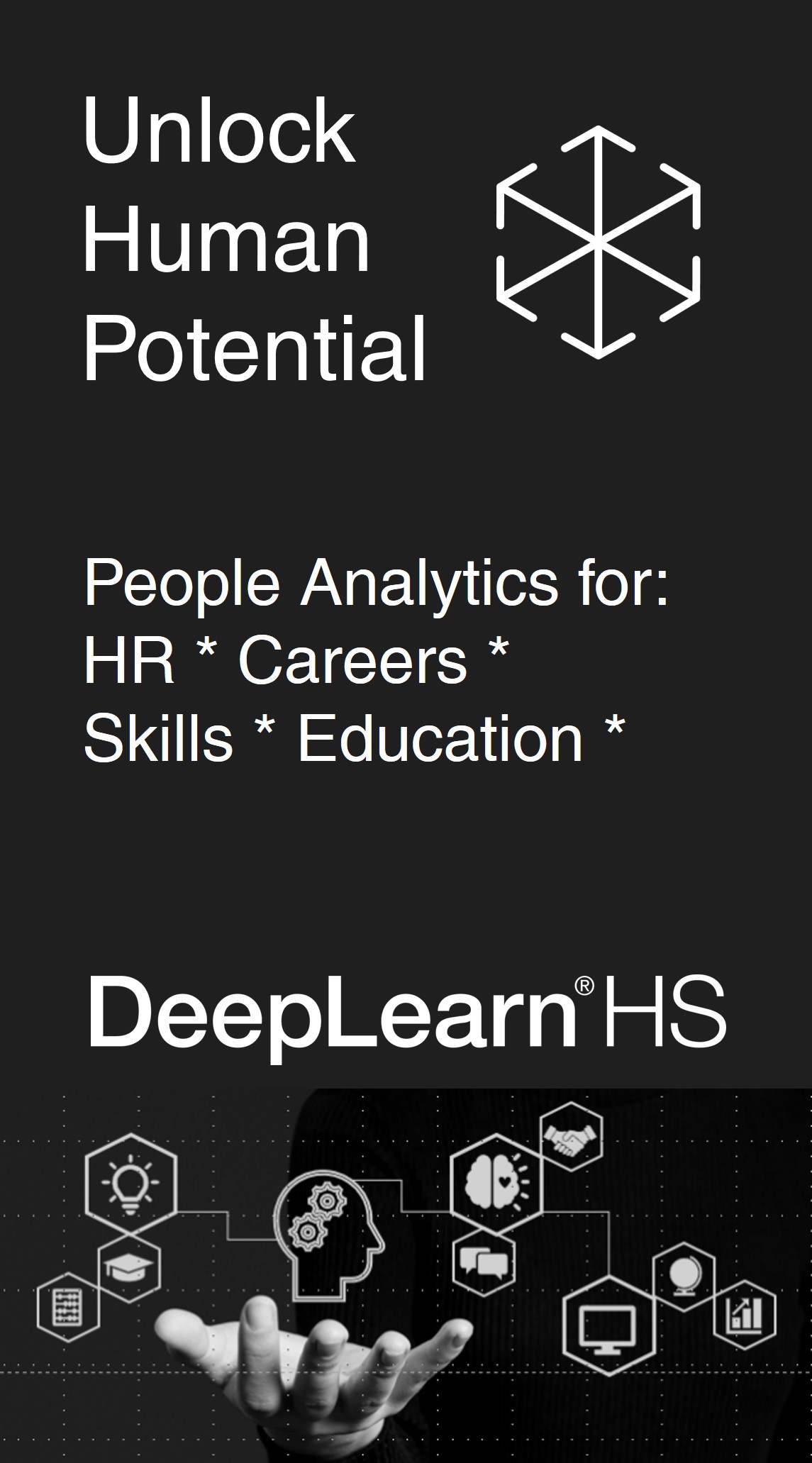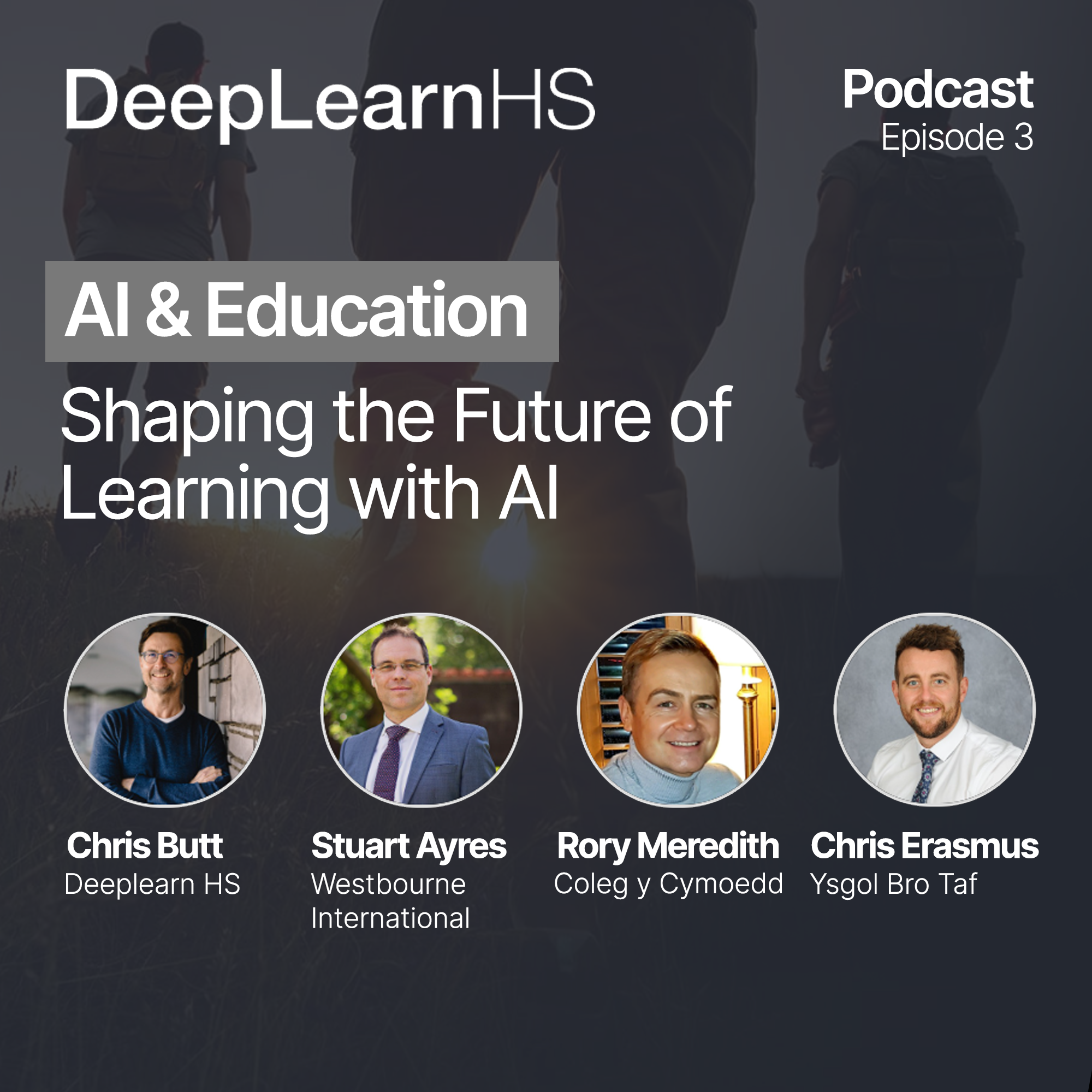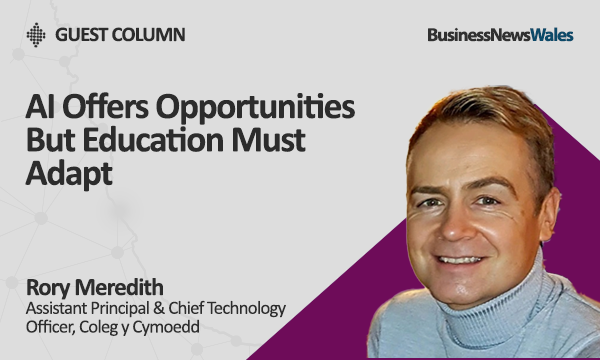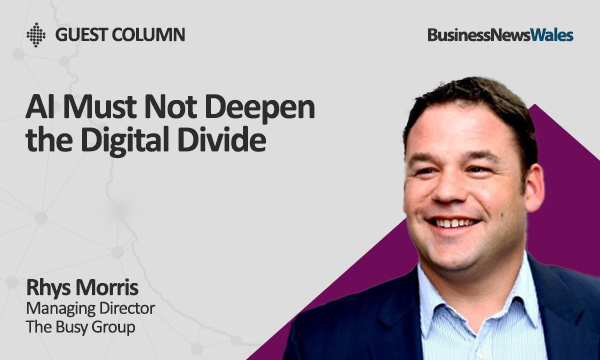
There’s never been a more important moment to rethink the purpose of education – and AI gives us the opportunity to do just that.
At DeepLearn, we’re focused on helping bridge the gap between education and the world of work. It’s a gap that’s persisted for too long, and one that AI is well placed to help close.
If we get this right, AI can support both teachers and learners in moving towards a more individualised, meaningful learning journey – one that doesn’t end with exams, but continues into life, work and lifelong development.
We work across education and employment, using diagnostic tools that combine neuroscience, behavioural insight and AI to better understand people as individuals. Our aim is simple: to give people a clearer sense of who they are, what they’re good at, and where those strengths might take them. If you’re 14 or 15 and starting to consider what comes next, AI can help shape that journey by aligning your abilities and attributes with future opportunities. That’s not about standardisation. It’s about personalisation.
For educators, this approach can be genuinely liberating. Teachers already do an extraordinary job working with 30 different individuals in a single classroom. Personalising learning at that scale is incredibly difficult. AI can help by freeing up time, improving insight, and giving educators the space to focus more on human connection, creativity and support. That’s what we need more of, not less.
There’s often a concern that AI could undermine creativity or reduce critical thinking. But I see it differently. AI doesn’t have to be the centre of the learning experience – it can be the enabler. If we use it to remove some of the burden of routine tasks, we can focus on the kinds of human skills that too often get pushed to the margins. Skills like imagination, problem solving, communication and emotional intelligence. These are the qualities that help people thrive, not just at school, but in life.
But that also means we need to rethink what we’re teaching and why. The current curriculum still places a heavy emphasis on memorisation and content delivery. That has its place, but it leaves little room for the skills that are harder to define and harder to teach. We need to make time for creativity and collaboration. And that will only happen if we shift our view of education from an outcome-driven system to a more holistic, process-focused one.
At DeepLearn, we believe this starts with understanding people. Our tools are designed to assess cognition, emotion and social intelligence, not background, age, gender or ethnicity. If we can map these human traits to the kinds of skills employers will need in five or ten years’ time, we can start to build a better match between young people and future careers. That’s not just good for students – it’s good for employers, too.
Of course, this can’t be done in isolation. Schools, colleges, businesses and policymakers all need to work together. Young people need earlier and better exposure to the workplace, to understand what’s really expected of them and to test their skills in a real-world environment. That kind of experience doesn’t just support career readiness; it also builds confidence and a sense of purpose. The more we can connect education to experience, the more relevant it becomes.
AI has a role to play here as well. By removing some of the pressure on teachers and giving students better insight into themselves, it creates more space for dialogue, experimentation and growth. But we must use it with care. The systems we build need to be ethical, transparent and free from bias. At DeepLearn, we’ve taken a firm stance on this. We strip out data that could lead to discrimination, and we design our models to focus only on the skills and behaviours that matter.
Ultimately, AI should help people to grow, not slot them into categories. It should support teachers, not replace them. And it should help every learner navigate a world that is only becoming more complex.
Education is a long process. We have a chance now to improve that process at every stage, not just with better tools, but with a clearer sense of purpose.
Chris Butt talks about this and more in the DeepLearn HS podcast episode AI and Education – Shaping the Future of Learning with AI. Listen to the podcast here.












